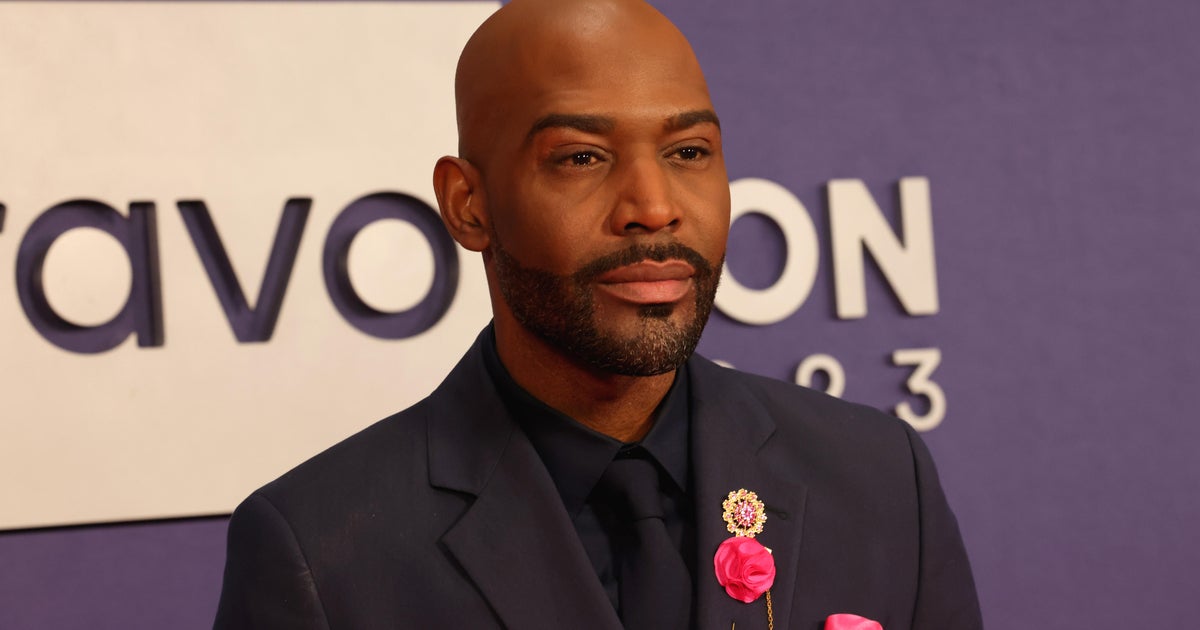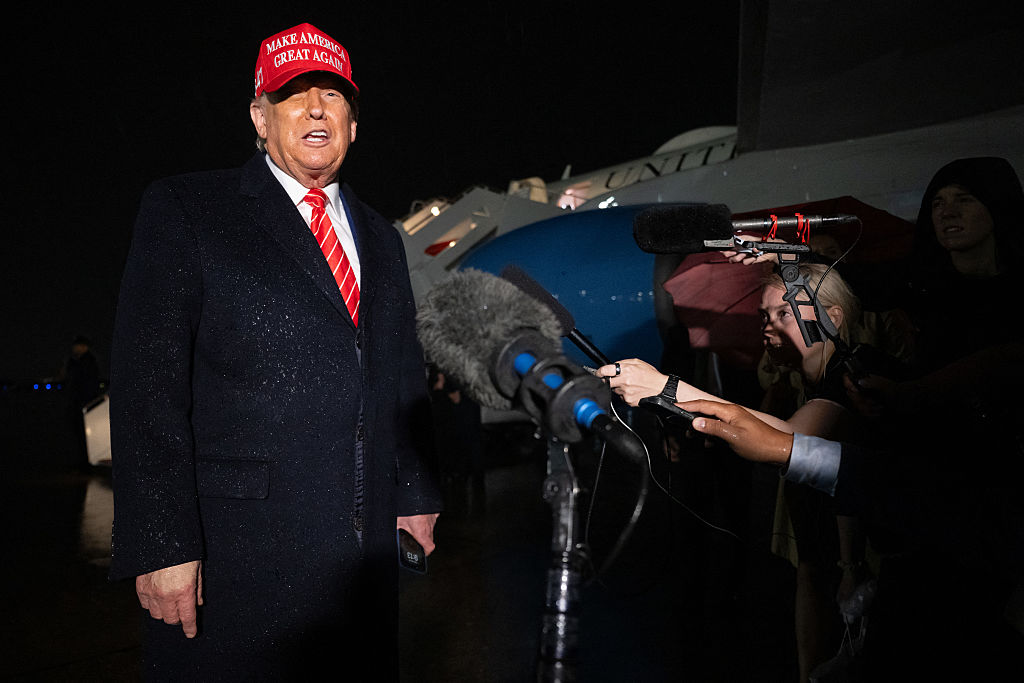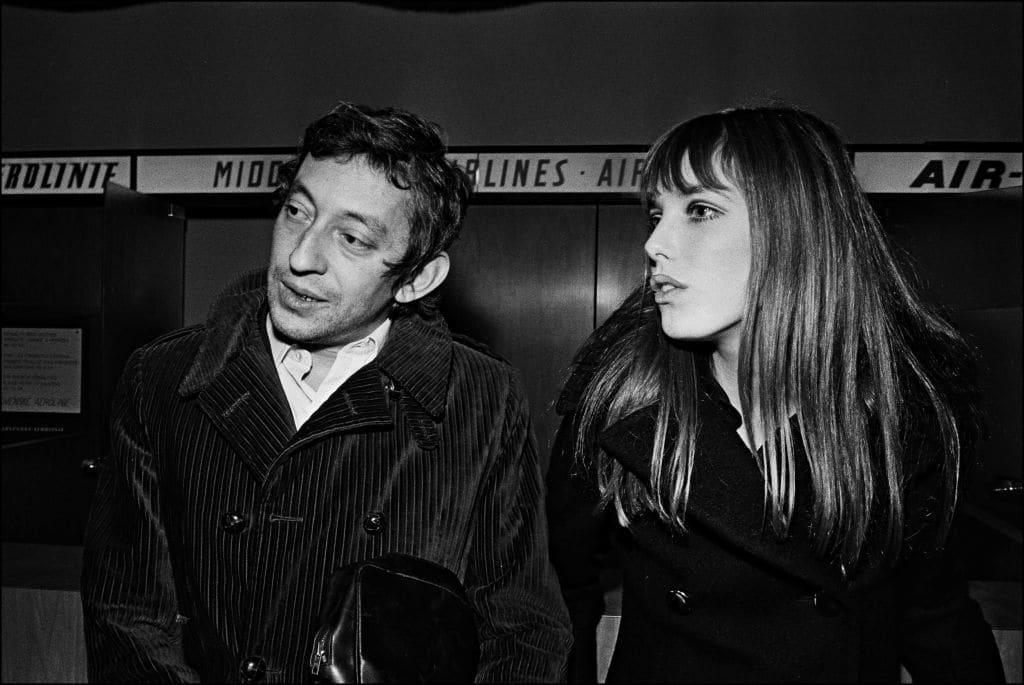Historian: You can't study diplomacy in the U.S. "without grappling with Henry Kissinger"
Historian Doug Brinkley said that while Henry Kissinger — who died Wednesday at the age of 100 — "has more enemies than you can count," "you can't study diplomacy in the United States without grappling with Henry Kissinger."
Brinkley noted that many people blamed Kissinger for the continuation of the war in Vietnam and its expansion into Cambodia and Laos. He also said Kissinger had "a bad anti-democratic record" in dealing with countries like Chile.
But, Brinkley said, Kissinger "invented the modern concept of realism" in foreign affairs, "or 'realpolitik,' as it was called."
"He was a great believer in superpowers, that the United States had to be the most powerful country in the world, and he invented terms we just use, like shuttle diplomacy," Brinkley said.
"It's Henry Kissinger who really orchestrated the biggest breakthrough imaginable, going to China with Nixon in 1972, and opening up relations between the two countries," said Brinkley.
"It's a duality to Henry Kissinger," he said.
Kissinger served as secretary of state and national security adviser under Presidents Richard Nixon and Gerald Ford and remained a prominent voice on foreign policy issues long after leaving government in 1977. Even into his late 90s, he continued publicly weighing in on global events, consulting for business clients and privately advising American presidents.
Kissinger was accused of alleged war crimes for the bombing of Cambodia during the Vietnam War, backing Pakistan's genocide in Bangladesh, and green-lighting the Argentine dictatorship's "dirty war" against dissidents. Yet he also shared a Nobel Peace Prize in 1973 for his involvement in talks aimed at ending the Vietnam War.
Caitlin Yilek contributed to this article.





